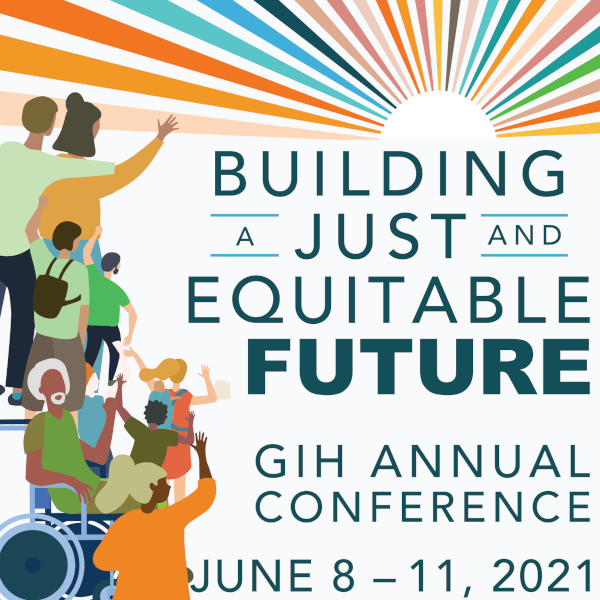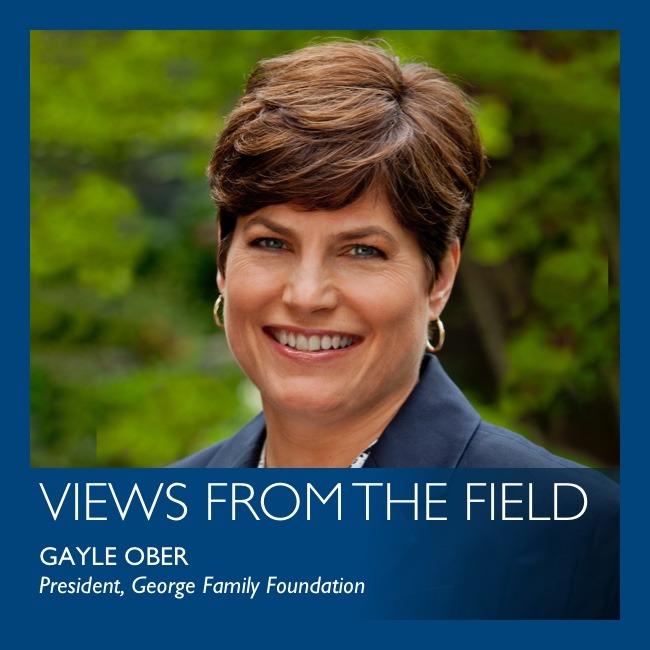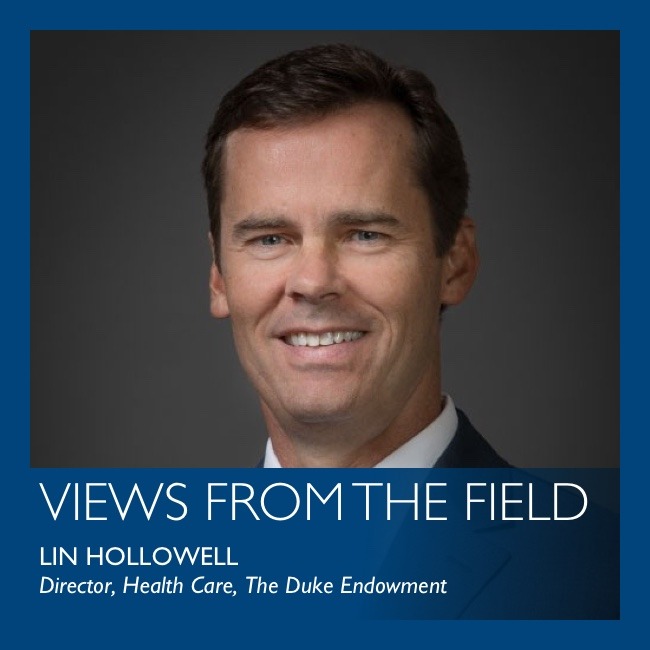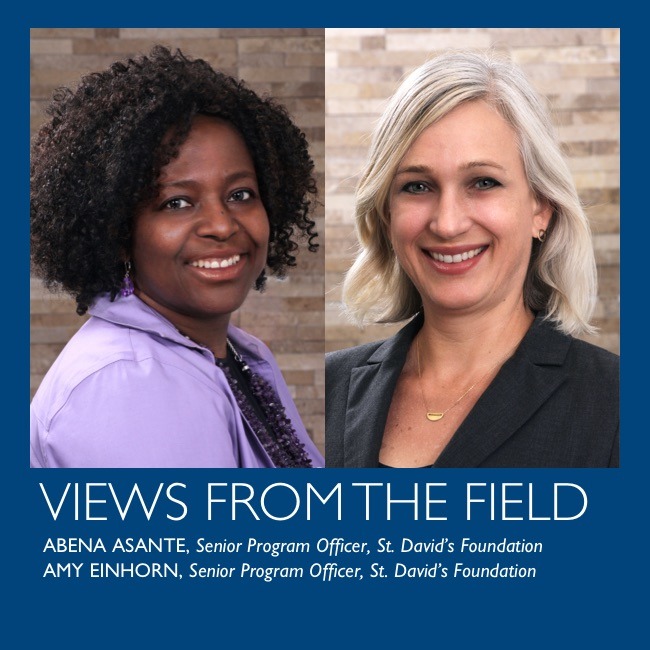2021 Annual Conference Quick Take: Measuring What Matters to Older Adults
This Quick Take will share and highlight key pillars for successful food system transformation using values-based procurement; stories of leadership, innovation, and perseverance; recommended actions and investments needed to accelerate change at the scale and pace we need; and a vision for movement building, policy, and action to transform our food system over the next ten years.
Achieving an Affordable Health Care System
This webinar offered an overview on current cost drivers in the health care system, how policy teams in various states are tackling this work, and which populations are particularly at risk.
Expanding Telehealth Equitably
This timely conversation identified the limitations of telehealth and explored how philanthropy can help make this service delivery mode more equitable for all.
Compassionate Care to the Very End of Life
Over the past seven years, the George Family Foundation has supported organizations that encourage individuals to invest time in end-of-life discussions and planning with our loved ones and with health care teams.
Beyond Programs: Funding Systems Change to Improve Care for All
At The Duke Endowment, we seek to improve the health status of the communities we serve and promote health equity for disadvantaged populations. This objective, which I believe is broadly shared, is challenged by the reality that unmet needs within our existing health care system far outweigh private philanthropy’s resources.
Seeking Affordability and Transparency, Five States Join the Peterson-Milbank Program for Sustainable Health Care Costs
Seeking affordability and transparency, five states have been selected to join the Peterson-Milbank Program for Sustainable Health Care Costs. Connecticut, Oregon, Nevada, New Jersey, and Washington will receive technical assistance as they implement statewide health care cost growth targets.
Care for the Seriously Ill in Low-Income Communities
Join us for a discussion of two trailblazing programs that are addressing the care needs of the most vulnerable and seriously ill. This session explored how each program works, how palliative care can be effective in addressing disparities and social determinants of health, and how grantmakers can play a vital role.
Supporting Clinics to Serve as Community Hubs for Health in Central Texas
In Texas, the lack of access to health care, coupled with inadequate and under-resourced systems, has had a profoundly negative impact on communities of color and underserved areas. COVID-19 has laid bare the severity of these issues even more so. These factors, and our commitment to achieving health equity, have informed the St. David’s Foundation’s primary care safety net strategy.





